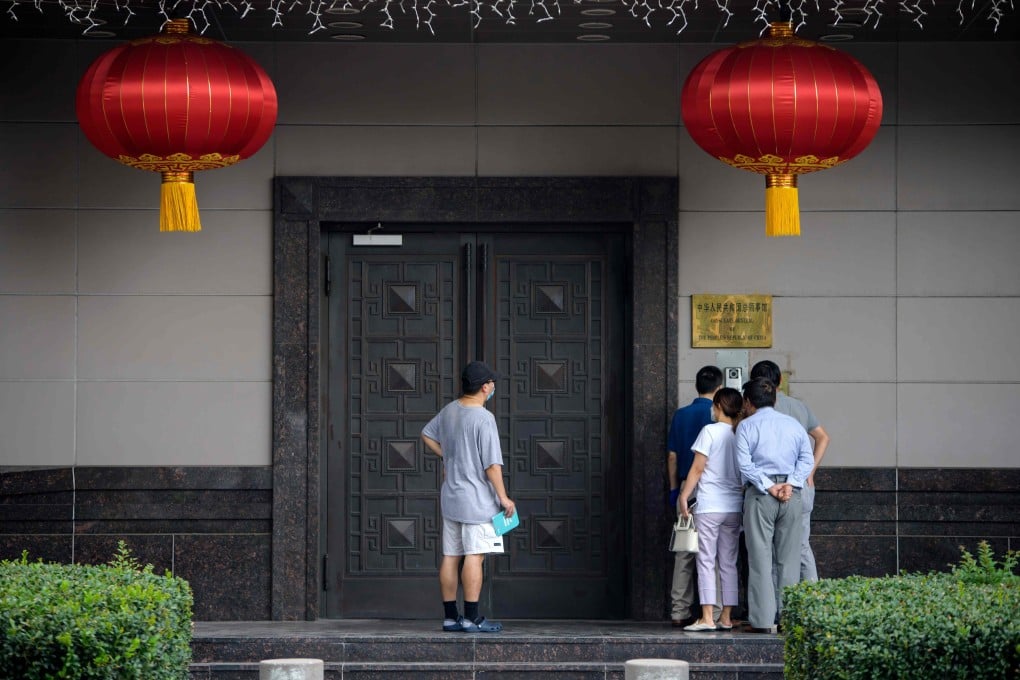Beijing’s Houston consulate is ‘epicentre’ of theft of research by Chinese military, US diplomat says
- David Stilwell, the top East Asia official at the US State Department, offers the most detailed explanation yet about why the consulate was ordered closed
- Stilwell also accused China’s consul general in Houston and other diplomats there of having recently used false identification at the city’s airport

China’s Houston consulate is the “epicentre” of efforts by the Chinese military to send students to the US to obtain information that could advance its warfare capabilities, a top US diplomat said on Wednesday in the most detailed explanation so far for the Trump administration’s abrupt decision to order the diplomatic outpost’s closure.
The People’s Liberation Army (PLA) has been “sending students both overtly and otherwise to American universities to study things to advance their own warfare advantages in the economic world and the rest”, said Stilwell, adding that “at the epicentre of all these activities facilitated by the [People’s Republic of China] mission is this consulate in Houston”.

02:23
China calls US order to close Houston consulate ‘political provocation’
The facility provides consular services across eight states including Texas, and is one of five – soon to be four – consulates across the country.
Stilwell also accused China’s consul general in Houston and other diplomats there of having recently engaged in questionable activity at Houston’s international airport, where they were escorting Chinese citizens onto a chartered flight to China.